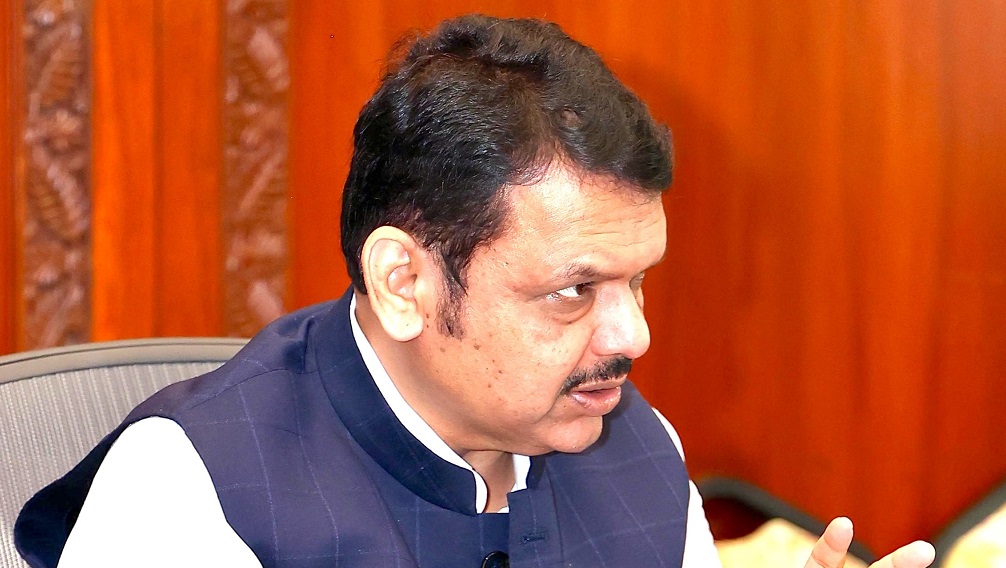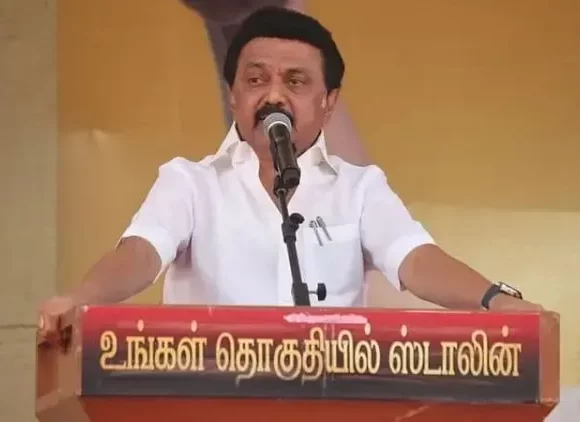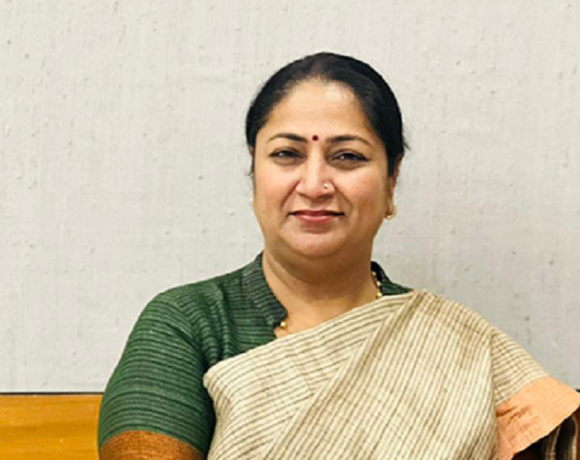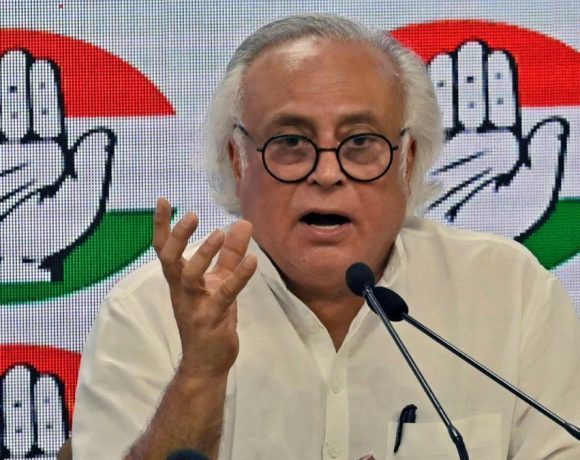
Maharashtra Eases Controversial Language Policy Amid Public Outcry
The Maharashtra government has softened its stance on its recent three‑language policy following widespread protests from educators, political leaders, and cultural groups. In a newly clarified framework, Hindi will not be imposed as the third language in primary grades; lessons in Classes 1 and 2 will focus solely on spoken skills, with written assessments deferred until Class 3.
Education Minister Dada Bhuse announced that students can opt for any of the 22 recognized Indian languages, provided at least 20 students in a class choose that language. To accommodate smaller groups, schools can use dedicated teachers or online platforms, ensuring flexibility even where demand is limited.
language policy
Initially introduced under the National Education Policy (NEP) 2020, the policy had mandated Hindi as the default third language in Marathi- and English-medium schools from Classes 1 to 5. The move sparked fierce backlash, with critics labelling it a “language emergency” and warning that it could erode Marathi’s cultural identity.
Maharashtra schools
Despite an initial government’s reversal making Hindi optional, a subsequent resolution hinted at a default preference for Hindi unless a 20-student opt-out threshold was met. Critics denounced this as a “back-door imposition.” The revised order addresses these concerns by emphasizing student choice and guaranteeing alternative language options even for smaller classes.
Hindi optional
Mounting political pressure played a significant role in prompting the latest change. Leaders including Uddhav and Raj Thackeray planned protests in early July, while Ajit and Sharad Pawar urged that Hindi be introduced only after Class 5, to ensure strong foundational skills in Marathi.
By scaling back written requirements and reinforcing choice, the Maharashtra government aims to balance NEP mandates with regional sensibilities. This compromise supports linguistic diversity and preserves Marathi’s primacy, responding to parental and public concerns. With the next academic year approaching, all eyes will be on how effectively schools implement these adjustments and whether the revised policy satisfies widespread demands.


















